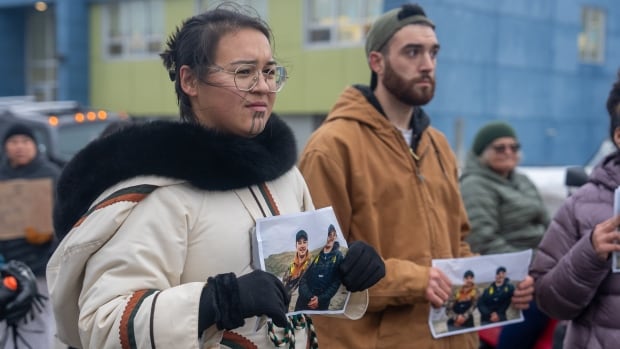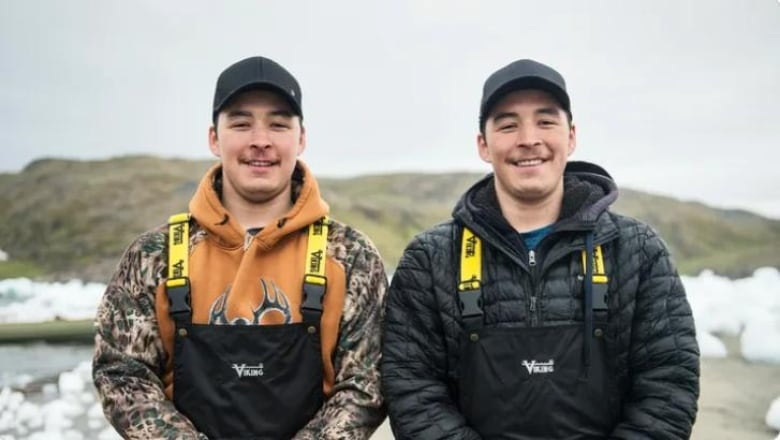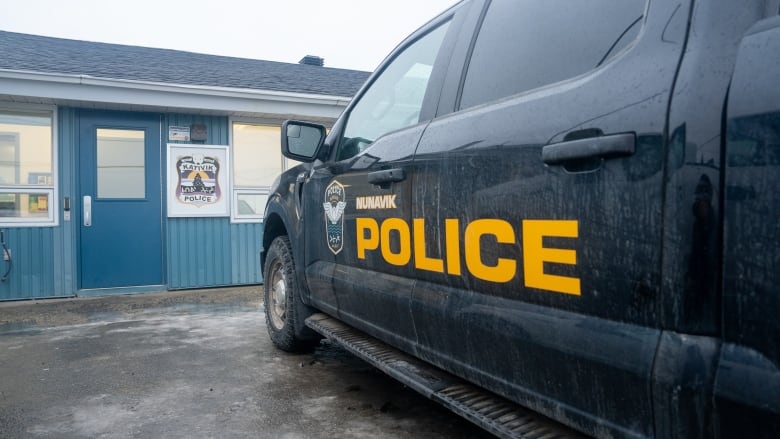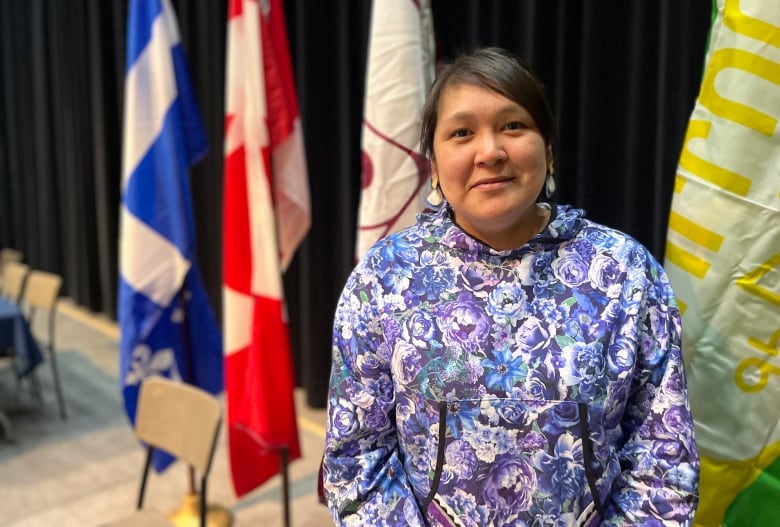
Moses Tarkirk describes the two brothers shot this week by police in Salluit, Qué., as cherished members of the community who he has known since they were children.
“They help the community, they’re great hunters… they’re really good people,” Tarkirk said.
Joshua Papigatuk was killed when Nunavik police opened fire early Monday morning. His brother, Garnet Papigatuk, was seriously injured and flown to hospital.
Joshua had a newborn child too, Tarkirk said.
“I miss him a lot … his life was just starting. It should have never ended this way.”
The shooting on Monday is still being investigated by Quebec’s police watchdog, Bureau des enquêtes indépendantes (BEI), sparking calls for police and investigators to be “as transparent as possible.”
The BEI says early investigations suggest the police responded to a call about someone attempting to drive while impaired. A physical altercation ensued, with Tasers and pepper spray allegedly deployed before police used their guns.
A communications adviser for the BEI confirmed to CBC they are analyzing the officers’ body camera footage from the incident, as well as videos submitted by witnesses. That footage will not be publicly released until their investigation is complete.
BEI investigators had hoped to be in Salluit by Tuesday night, though bad weather has delayed their arrival.
Data from Quebec’s chief coroner’s office between 2000 and 2018 found Nunavik had more police-related deaths than any of Canada’s three territories, despite having a population about one-third of each territory.
Tarkirk said he’s seen too many friends die at the hands of police in Nunavik.
“We’re all saying, like, how many more people are we gonna lose? How many more people are gonna die or get injured?”

Ripples across the region
The shooting has affected people across Nunavik and beyond on social media, with people posting the hashtags “justiceforjoshua” and “justiceforthetwins.”
Protests also continued into a second day on Tuesday, including in Quaqtaq, Kangirsuk, and Kuujjuaq.
About 50 people demonstrated in front of the regional administration office and police station in Kuujjuaq on Tuesday, chanting the words “don’t shoot” and “justice for the twins.”
Organizer Suzy Kaukai called on other communities to join in the demonstrations.
“There is a lack of trust between communities and the police,” she said. “They have a responsibility to be transparent … we don’t want to be left in the dark. That’s why we protested.”

Martha Grey was among the demonstrators.
“Our police officers are not soldiers, they are peace officers,” she said.
In a written statement, Salluit’s mayor, Maggie Saviakjuk, urged those investigating the shooting to listen to the voices of all Sallumiut.
“This tragic event has rekindled fears for our personal safety and the loss of loved ones who cannot be replaced,” Saviakjuk wrote.
Officials respond to transparency calls
Ian Lafrenière, Québec’s minister responsible for relations with the First Nations and the Inuit, said he understands the protesters’ frustrations.
“Let’s wait for the investigation. Let’s see the results of that. This is a tough moment for the community. This is a tough moment for the police officers as well,” he told reporters at the National Assembly of Québec.
The Kativik Regional Government (KRG), which has civilian oversight over the Nunavik Police Service (NPS), said it’s been working closely with its partners, and ensuring Sallumiut have the resources they need.
“We have stated the importance of BEI investigators communicating with local and regional authorities, and to be as transparent as possible with the findings. I will continue to make that point clear to all levels of government,” KRG chairperson Hilda Snowball said in a statement.

Jean-Pierre Larose, chief of NPS, in a statement pledged to “redouble our efforts to regain the support and trust of Sallumiut and of all Nunavimmiut across Nunavik.”
Moses Tarkirk has a clear message for them, however.
“We want justice for the twins, and justice for Joshua,” Tarkirk said.